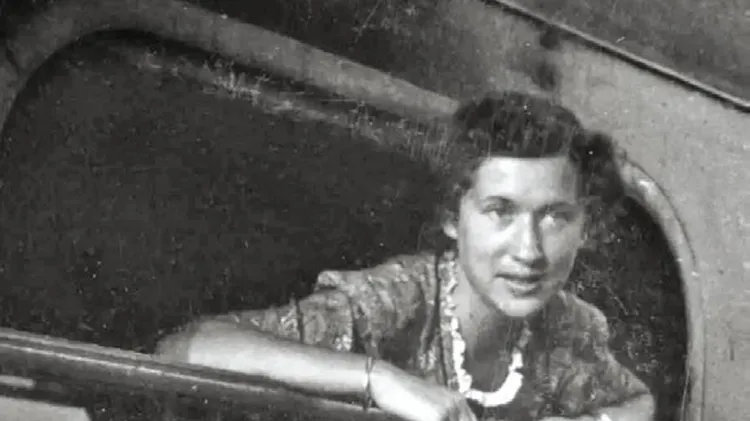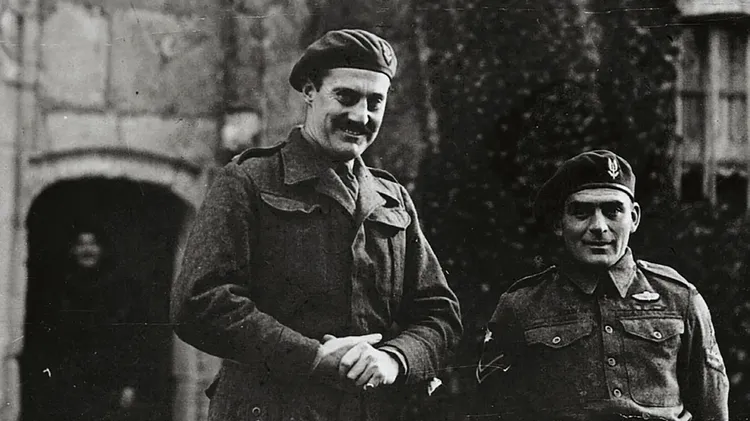Martha Gellhorn was the only female journalist to report first-
Fearless in the face of battle
7 min read
This article is from...
Read this article and 8000+ more magazines and newspapers on Readly






